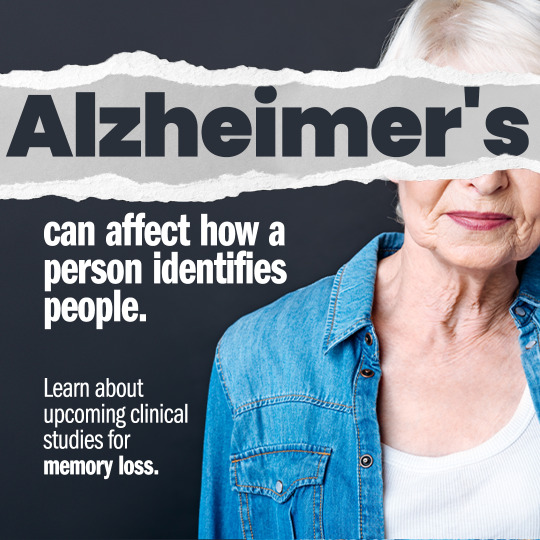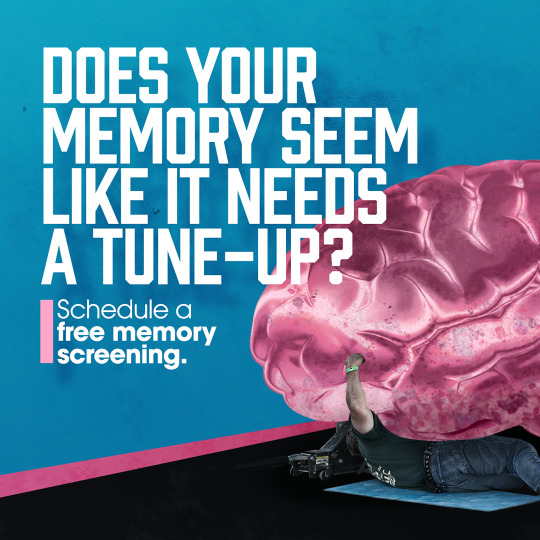More than 16 million people in the U.S. are caring for someone with dementia as are countless others worldwide. Our memories are integral to our sense of self and our relationships. Therefore, watching a loved one lose their memories can be incredibly challenging and overwhelming. By learning what to expect and how to help them through the progression of dementia, you can carry on cherishing memories when your loved ones can’t.
Changes to Expect
Each individual’s journey through Alzheimer’s or other dementia is different. Nevertheless, there are three primary stages they progress through as symptoms become severe and limiting. Recognizing what stage your loved one is in can be helpful when care planning.

- Early Stage: Many people at this stage may:
- Ask repeated questions and have some problems expressing and understanding language.
- Have mild coordination problems include having difficulty writing and using objects.
- Experience depression, apathy, and mood swings.
- Need reminders for daily activities and have difficulty driving.
- Middle Stage: At this stage, most individuals likely cannot cover up their problems any longer. Symptoms include:
- Increasingly more frequent memory loss, including forgetfulness about their personal history and inability to recognize friends and family.
- Being more likely to become lost in familiar settings, experience sleep disturbances, and change mood and behavior.
- Delusions, aggression, and uninhibited behavior happen more frequently.
- Requiring structure, reminders, and assistance with the activities of daily living.
- Late Stage: In this stage, most people are confused about the past and present. Your loved one may:
- Lose the ability to remember, communicate, or process information.
- May generally become incapacitated and immobile with severe to total loss of verbal skills
- Become unable to care for themselves
- Develop problems with swallowing, incontinence, and illness are also common
- Also, experience severe problems with mood, behavior, hallucinations, and delirium.
- Require around-the-clock care.
Helping Your Loved One
Even when your loved one seems to forget who you are, your role as a caregiver is vital to their health and quality of life. Don’t be afraid to ask for help from other family members and resources. More importantly, take care of yourself by giving yourself a break, getting enough sleep, and utilizing online and community support resources.
Your role as a caregiver will change with the progression of dementia. Early on, empowering them to seek treatment can have a profound impact on their response to them. Also, by involving them in future legal, financial, and healthcare planning, you can ensure their wishes are honored and play an active role in decision-making. Establishing a routine, creating a safe environment, and staying calm and patient help forms a strong foundation when caring for a loved one with dementia. More practical suggestions to consider can be found here.

If you or a loved one are experiencing memory issues, a FREE memory screening may be the starting point you need. To learn more about scheduling your FREE memory screen here at Pacific Research Network, call us at .
Sources:
https://www.dementia.org/coping-with-dementia-patients-loss-of-memory
https://www.healthinaging.org/tools-and-tips/caregiver-guide-memory-problems
https://www.helpguide.org/articles/alzheimers-dementia-aging/tips-for-alzheimers-caregivers.htm#




